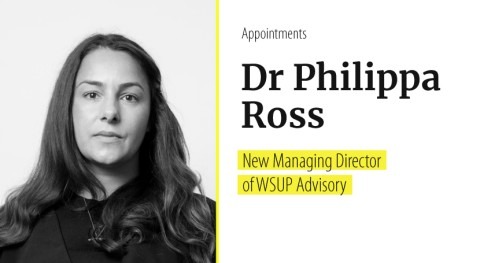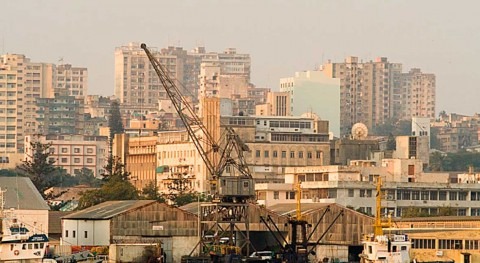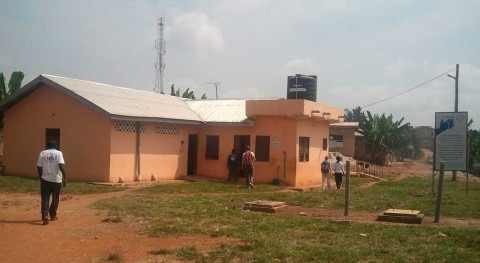Water & Sanitation for the Urban Poor (WSUP) has identified five myths which are stopping investors, agencies and policymakers from properly addressing the inadequate access to essential water and sanitation services in cities across Africa and South Asia.
The five myths are published in a new report, Running Dry: Tackling the myths about urban water and sanitation.
As urbanisation continues to gather pace, it is vital that these myths are debunked:
Myth one: Struggling utilities are unable to serve the poorest
Myth two: Water should be free
Myth three: Communities should be responsible for their own services
Myth four: We should only focus on household facilities
Myth five: Building toilets alone will solve the sanitation crisis
“Authorities in sub-Saharan Africa and south Asia are extending utility services as fast as they can, but because of the rate of urbanisation, we are barely making progress towards universal water and sanitation access,” said Neil Jeffery, CEO, Water & Sanitation for the Urban Poor.
“Overcoming the five myths identified by WSUP in Running Dry will help cities to deliver better services to marginalised urban citizens, so that more people can participate in the economic advantages of urbanisation.”
“It is not a lost cause – but we need to act now to develop services that are citywide, affordable, and meet the needs of all residents.”
The issue of clean water and safe sanitation in urban areas is integral to the Sustainable Development Goals, especially Goal 6 – “ensure availability and sustainable management of water and sanitation for all”, and Goal 11 – “make cities and human settlements inclusive, safe, resilient and sustainable.” At present, the world is not on track to meet these goals.
But it is not a lost cause. More can be done to recognise approaches that are working, and to focus efforts on responses that can be scaled up right across urban areas. By overcoming the five myths identified in this policy brief, clean, readily available and affordable water and safe, dignified sanitation can be extended to all citizens living in urban areas.








